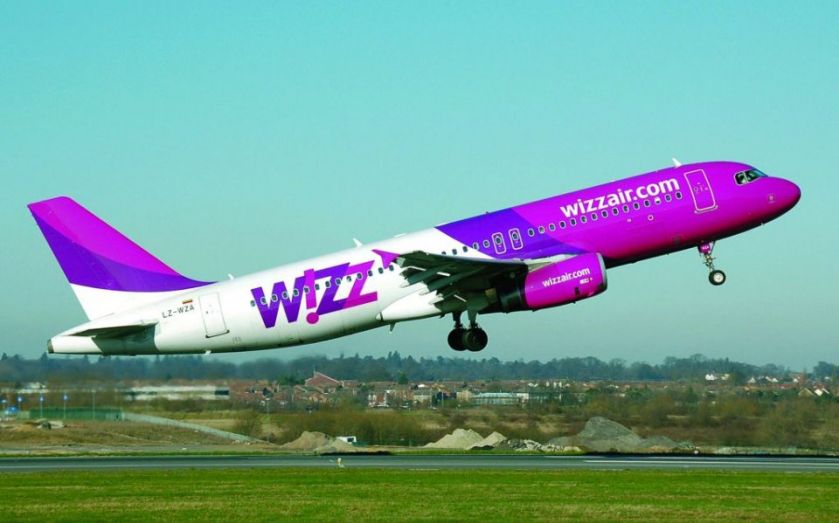
Capacity issues at Wizz Air caused by faults in its Pratt & Whitney-built engines will continue for at least two years, according to the airlines chief executive.
In an interview with City A.M., József Váradi said capacity would be “flattish” due to the problems, which have grounded hundreds of Wizz Air planes over the last 12 months.
“So, we have 47 aircraft on the ground as we speak, but we will gradually start recovering that part of the fleet but regarding the current year, we are expecting flat capacity, flattish passenger numbers.”
The aerospace firm RTX Corp’s Pratt unit is recalling around 3,000 geared turbofan engines, or GTF engines, as it searches for components made with contaminated metal powder. Around a fifth of Wizz Air’s fleet is grounded as inspections continue.
“Spare engines we recieved this month are now clean of the powdered metal issue and as of next month in June, we will start receiving deliveries with clean engines as well, so that’s good,” Váradi said.
“We are seeing improvements. So I will say that when we are completely, completely out of this is probably two years.”
The engine issues have threatened to take the shine off an otherwise booming year of travel demand at Wizz. In its full-year results, the airline reported record passenger traffic of 62m and swung to a profit for the first time in three years.
However, shares have fared poorly over the last 12 months and are down 27 per cent.
“It’s a bit of a rollercoaster at the moment. We are doing what we can to protect capacity this year but next year, we are back into growth,” Váradi said.
The fall is also a result of renewed conflict in the Middle East since November, which has forced Wizz to cancel hundreds of flights. Váradi has previously warned of a “ripple effect” on demand to neighbouring regions like Jordan and Egypt.
He said that had yet to spill out further, although the firm is “cautiously monitoring” the situation.
“We don’t see demand really affected in the Gulf. The markets in the UAE or Saudi remain very robust, so we are not seeing any affect on demand [there].”



